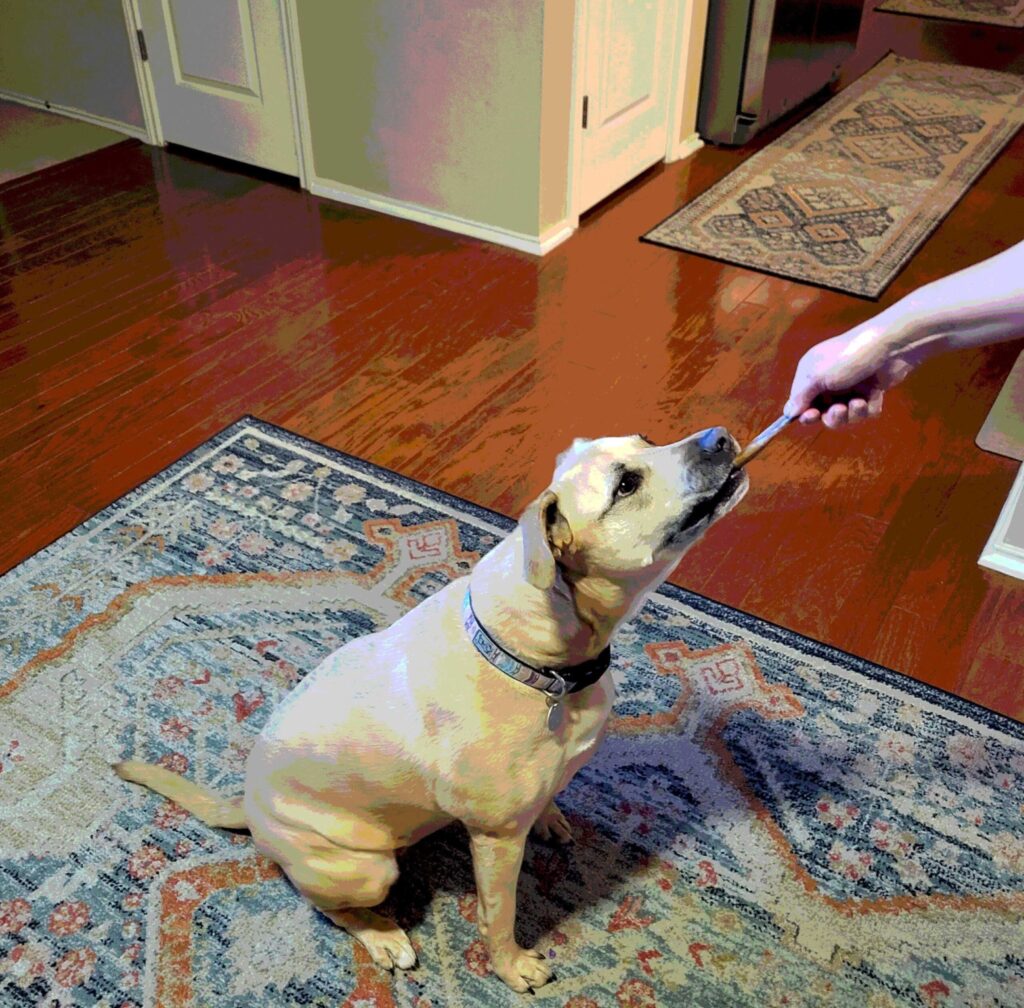You may be wondering what the pros and cons are when choosing a rescue dog vs choosing a puppy. The good news is that whether you choose a rescue or a puppy, the long term pros far outweigh the cons. However, you need to know what you are getting into from the get once you decide. Rescue dogs have many short- and long-term benefits from both a convenience and awareness standpoint.
The Convenience of Adopting a Rescue Dog:
When you decide to take home a rescue dog for the first time, you are making a conscious choice to make the animal’s life better. Often times when people choose puppies, they are doing it to make their lives better, not necessarily that of the puppy. The cute puppy is more of show piece. Sure you will love and care for the puppy, at least that is the hope, but when you get a rescue, you are getting a dog that has been through quite a bit and has developed habits and traits that can really be of benefit in the short and long term. Let’s take a look at just some of the pros.
Potty Training:
In almost every instance, a rescue dog will already be potty trained. This will immediately remove one of the most stressful aspects of pet ownership in the first few weeks. Without going into too much detail, your home will smell better and be much cleaner. Most importantly, you will sleep better and be much more energized in the morning.
Saving Money:
Another benefit is that you will save money in the short term. There are many costs associated with getting a puppy and they can add up very quickly. First there is the deposit you will put down in picking from a litter. Then there is the final cost once you pick up the puppy. The cost of a rare breed or highly popular breed can be very costly ranging from hundreds and in some cases thousands of dollars. Last of all, puppies tend to rack up more medical costs up front. Certain breeds like Rottweilers are susceptible to Parvo early on and this can be very expensive to treat. Don’t get us wrong, we love Rottweilers as we have owned two females and they make great family dogs when raised properly.
Street Sense and Situational Awareness:
It should not be overlooked if you are looking for not only a companion but also one who can acts as a guard and security blanket, a rescue dog in certain situations can have its advantages. Dogs who are in a shelter are often times picked up because they are abandoned by a previous owner or they were born on the streets. Because of these scenarios, rescue dogs have inherited genetic traits and life experience that has made them very keen to detecting danger in ways dogs with a traditional upbringing may not have fully developed yet. This can however be a double-edged sword. Quite often dogs that have been forced to fend for themselves either on the streets and even in some cases within the confines of a poorly run shelter will develop a prison yard mentality just to survive. If you have a dog rescued from a shelter that is very aggressive around just the site of another dog on the other side of the street, there is a very good chance this dog may have had to fight to survive. This behavior can be mitigated with a good deal of training but is possible.
Combatting puppy mills:
All too often the choice of purchasing through a puppy mill can be enticing from a convenience and price standpoint. Prices of certain breeds sold in a mill tend to be cheaper simply because the mill is churning out so many of them. Because puppy mills put profit above the welfare of the dog, this can often lead to additional unanticipated expenses to treat ailments that came about due to very poor conditions and medical care. Adopting a rescue dog, can serve to minimize the footprint of puppy mills around the country.
Rescue dogs tend to have fewer medical issues:
Because dogs that have been sheltered tend to be of mixed breed, they have developed genes that make them less prone to breed specific health conditions. In turn, this could end up saving the owner having to spend thousands to address breed specific ailments.
Benefits of Getting a puppy from a reputable breeder:
We would not be credible if we did not at least point out some of the positives of getting a puppy from a reputable breeder. But first, let’s address the pink elephant in the room, puppies are cute. This is the primary reason why most people are drawn toward dogs. That experience of raising and bonding with a puppy cannot be replaced. However, some breeds of puppies are cuter than others, that is our own biased opinion.
As mentioned above a reputable breeder is extremely important. Coming across a bad breeder can cost you money and never-ending headaches just like a puppy mill. However, a great breeder will ensure that your puppy’s health is closely looked after and you often will get a chance to meet the mother and father to get a good idea of the genetics, such as size, build and mentality that your puppy will inherit.
The 3-3-3 Rule:
If you decided to adopt / rescue a shelter dog, just be aware of the 3-3-3 Rule. This rule is broken down as follows:
3 days
The initial 3 days give or take a day or two your newly adopted rescue dog will be nervous and have a sense of being overwhelmed. This may be exhibited by running around frantically appearing to be crazy or they want to hide and pick out a spot they can defend themselves from danger. They are in unfamiliar territory. A lot has happened so they are still trying to process everything. They want to be sure of who is friend or foe.
3 weeks
Leading up to approximately 3 weeks of ownership, your adopted rescue will use this time to become intimately familiar with their new home and start to gradually lower their heightened defense mechanism. It is at this point that the dog will start to develop more trust in their new human family and true bonding will begin to take hold. This 3 week period should not only be used to bond, but to determine if there are behavioral questions marks that should be addressed with specific training. You will also want to start developing a daily feeding and bathroom schedule with your new family member.
3 Months
By now your new rescued family member should be very comfortable with you. They trust that you are a friend and will follow your lead when you are out and about. This is not to say there won’t occasionally be times where they may have behavioral challenges, but they will be manageable provided you spent time building trust and know when to employ training techniques. Your newly adopted family member will also know when to be patient with its human family member when you do something off script. There will be times when they appear to be training you.
Here is to wishing you the best life with your pet.




